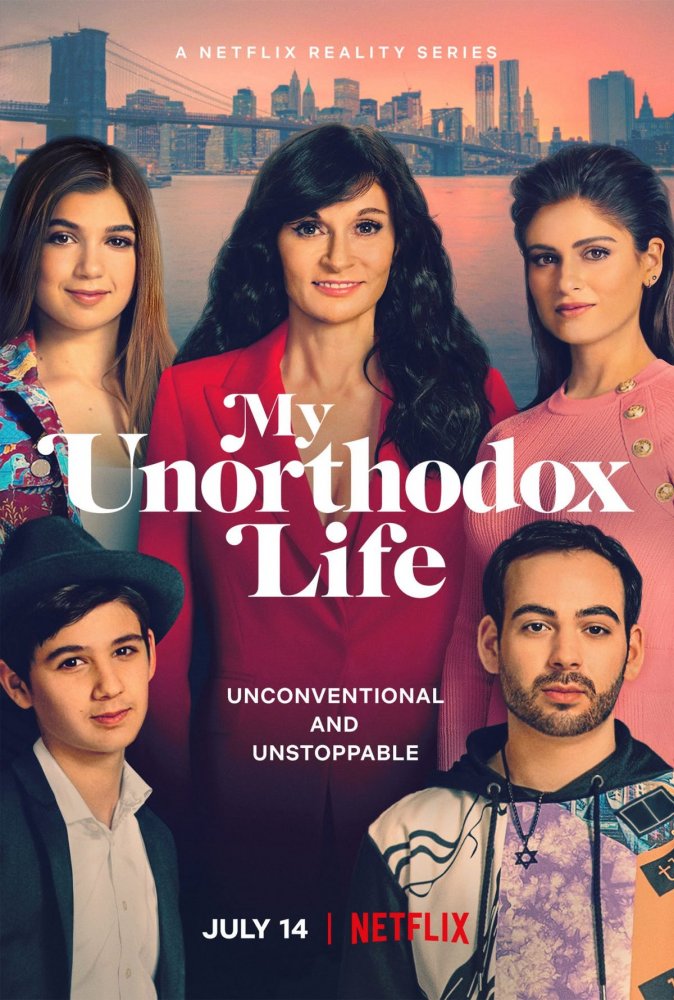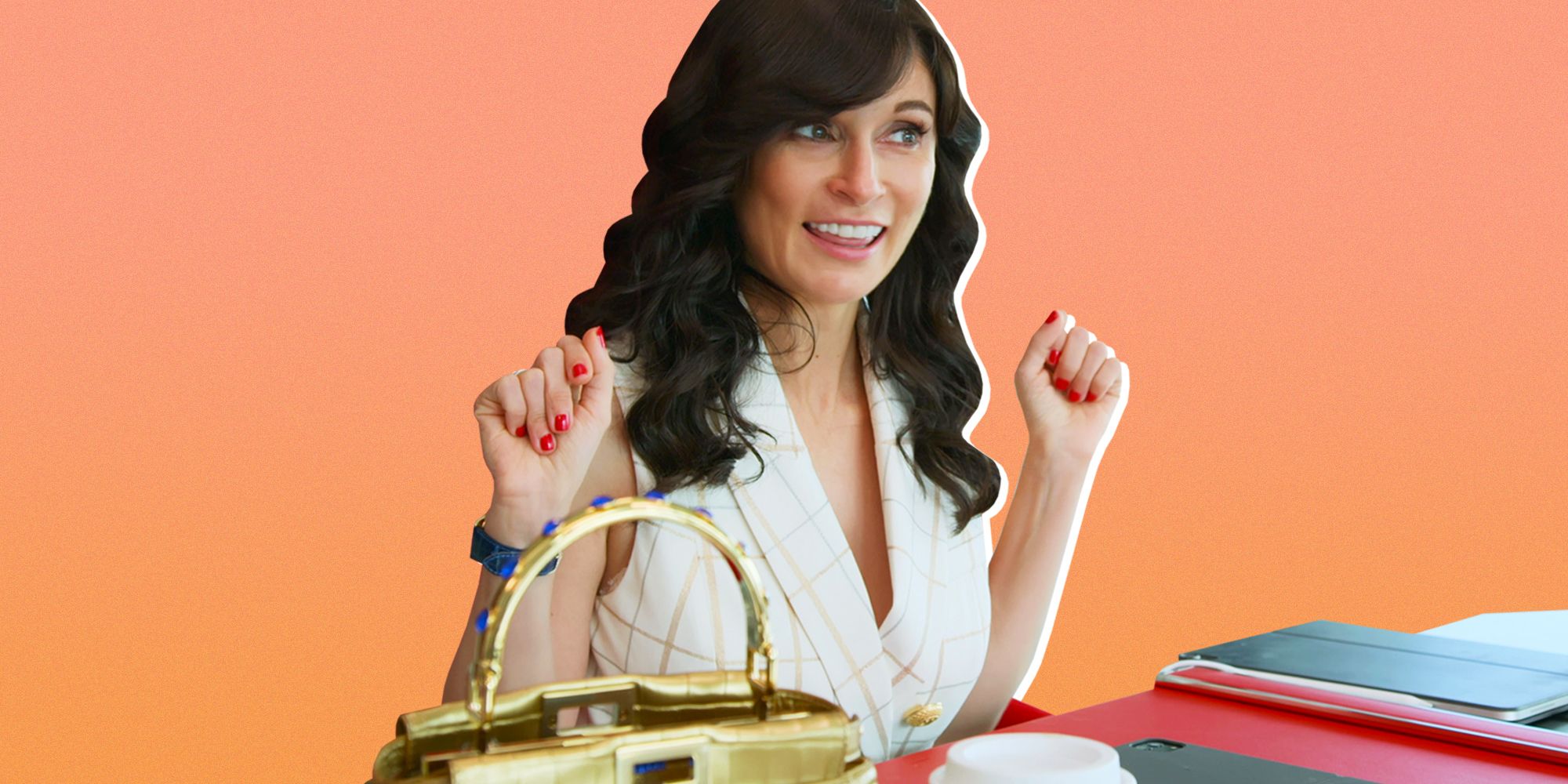

“I think if people would actually watch the show they would see it is very positive. “I wonder if those writing on these topics have watched the show,” Haart said in an interview the same week her reality show launched. But the former Orthodox Jewish mom/yeshiva teacher, Monsey resident and fashion mogul is also keenly aware of negative comments and admits she's been surprised by the level of vitriol. Julia Haart cherishes the positive responses she’s heard since her reality series, "My Unorthodox Life," launched on Netflix.

Here's our original interview with Haart: The show follows Julia Haart, once an observant Orthodox mom from Monsey, now a leader in the fashion industry. Now, she finds immense gratification through her charitable work, and despite outwardly looking like a person of faith – she wears a sheitel, dresses modestly – she stresses, “I’m still me.Update: Netflix announced in September that "My Unorthodox Life" has been renewed. Sydney-based Naomi Krinsky, 60, hails from a secular background, but also found solace in Judaism when she was in her twenties. “And it also conserves community – it can help with building a strong individual as well as with communal identity.” “Some people might feel that it guards them psychologically against mortality and feelings of futility,” Cusack says. Cusack thinks it’s because these are times when the young seek direction, and the older want hope about what lies ahead. Professor of religious studies at the University of Sydney, Carole Cusack, has observed that women tend to gravitate towards religion at two points in their lives above all others: when they’re around 13-30, and then again when they reach old age. She occasionally questions some aspects of her religion “but that doesn’t mean that I don’t embrace and love it, passionately.” I wanted spirituality, and became so empowered because of it.” Rubin believes that Haart opted out of a spiritual life “for one that seems physical, material”. Many have professions or businesses, and they are vibrant and respected.”

“When I first entered a religious community, I saw that women are the powerhouses they’re leaders. “The idea that women are lesser than men in Judaism – that couldn’t be further from the truth,” she says.

Many have professions or businesses, and they are vibrant and respected.”īut Rubin wants to make her truth clear. She says she had to stop watching My Unorthodox Life after a couple of episodes – “it got my blood boiling!” – which is a small shame, because by the end of the nine episodes, Haart reveals she still finds fulfilment with some aspects of Judaism and also introduces her sister, a woman still living in her old community who is as happy as she is strong-minded. Today, she’s been a prison chaplain for the past 27 years and also runs Melbourne’s main mikvah, a ritual bathhouse for married Jewish women. I loved the idea that we’re all attached to each other. “I loved the concept that there’s a godly spark in every Jew that wants to be attached. But when Rubin stumbled upon the philosophical teachings of a local rabbi, her interest in spirituality was kindled.


 0 kommentar(er)
0 kommentar(er)
